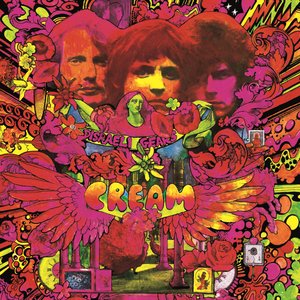Wiki
-
Length
2:36
"She Said She Said" is a song by the English rock band the Beatles from their 1966 album Revolver. Credited to Lennon–McCartney, it was written by John Lennon with assistance from George Harrison.Lennon described it as "an 'acidy' song" with lyrics inspired by actor Peter Fonda's comments during an LSD trip in August 1965 with members of the Beatles and the Byrds. "She Said She Said" was the last track recorded for Revolver. Due to an argument over the song's musical arrangement, Paul McCartney walked out of the studio during the song's recording.
Background and inspiration:
In late August 1965, Brian Epstein had rented a house at 2850 Benedict Canyon Drive in Beverly Hills, California, for the Beatles' six-day respite from their US tour. The large Spanish-style house was hidden within the side of a mountain. Soon their address became widely known and the area was besieged by fans, who blocked roads and tried to scale the steep canyon while others rented helicopters to spy from overhead. The police department detailed a tactical squad of officers to protect the band and the house. The Beatles found it impossible to leave and instead invited guests, including actress Eleanor Bron (their co-star in the film Help!) and folk singer Joan Baez. On 24 August, they hosted Roger McGuinn and David Crosby of the Byrds and actor Peter Fonda.
Having first taken LSD (or "acid") in March that year, John Lennon and George Harrison were determined that Paul McCartney and Ringo Starr should join them on their next experience of the drug. Harrison later said that the heightened perception induced by LSD had been so powerful that he and Lennon had not been able to "relate" to McCartney and Starr since then, adding: "Not just on the one level – we couldn't relate to them on any level, because acid had changed us so much." At the party, the issue of taking LSD thereby became important to maintain band unity. While Starr agreed to try the drug, McCartney refused to partake.
Fonda wrote for Rolling Stone magazine:
I finally made my way past the kids and the guards. Paul and George were on the back patio, and the helicopters were patrolling overhead. They were sitting at a table under an umbrella in a rather comical attempt at privacy. Soon afterwards we dropped acid and began tripping for what would prove to be all night and most of the next day; all of us, including the original Byrds, eventually ended up inside a huge, empty and sunken tub in the bathroom, babbling our minds away.
I had the privilege of listening to the four of them sing, play around and scheme about what they would compose and achieve. They were so enthusiastic, so full of fun. John was the wittiest and most astute. I enjoyed just hearing him speak and there were no pretensions in his manner. He just sat around, laying out lines of poetry and thinking – an amazing mind. He talked a lot yet he still seemed so private.
It was a thoroughly tripped-out atmosphere because they kept finding girls hiding under tables and so forth: one snuck into the poolroom through a window while an acid-fired Ringo was shooting pool with the wrong end of the cue. "Wrong end?" he’d say. "So what fuckin' difference does it make?"
As the group passed time in the large sunken tub in the bathroom, Fonda brought up his nearly fatal self-inflicted childhood gunshot accident, writing later that he was trying to comfort Harrison, who was overcome by fear that he might be dying. Fonda said that he knew what it was like to be dead, since he had technically died in the operating theatre. Lennon urged him to drop the subject, saying "Who put all that shit in your head?" and "You're making me feel like I've never been born." Harrison recalls in The Beatles Anthology: " was showing us his bullet wound. He was very uncool." Lennon explained in a 1980 interview:
We didn't want to hear about that! We were on an acid trip and the sun was shining and the girls were dancing and the whole thing was beautiful and Sixties, and this guy – who I really didn't know; he hadn't made Easy Rider or anything – kept coming over, wearing shades, saying, "I know what it's like to be dead," and we kept leaving him because he was so boring! … It was scary. You know … when you're flying high and "I know what it's like to be dead, man."
Lennon eventually asked Fonda to leave the party. After this, the gathering settled down as Lennon, Harrison, McGuinn and Crosby sat in the large bathtub discussing their shared interest in Indian classical music. Crosby demonstrated raga scales on an acoustic guitar and recommended that Harrison investigate the recordings of Indian sitarist Ravi Shankar. Peter Brown, Epstein's assistant, later wrote that, in addition to inspiring Lennon's 1966 song "She Said She Said", the band members' "LSD experiment" in August 1965 "marked the unheralded beginning of a new era for the Beatles". Author George Case, writing in his book Out of Our Heads, describes the Beatles' subsequent album, Rubber Soul, and its 1966 follow-up, Revolver, as "the authentic beginning of the psychedelic era".
Track descriptions on Last.fm are editable by everyone. Feel free to contribute!
All user-contributed text on this page is available under the Creative Commons Attribution-ShareAlike License; additional terms may apply.

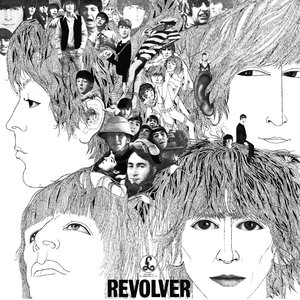
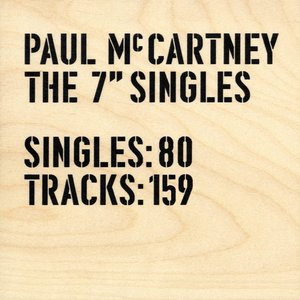
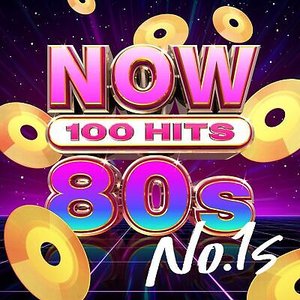
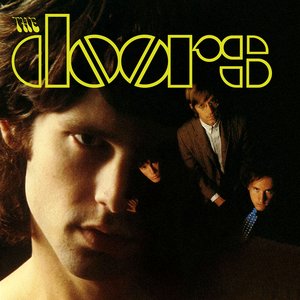
![A Foot in the Door: The Best of Pink Floyd [Explicit]](https://lastfm.freetls.fastly.net/i/u/300x300/76aa19dd31544d82d7bc124847564668.jpg)
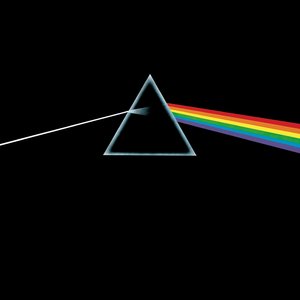
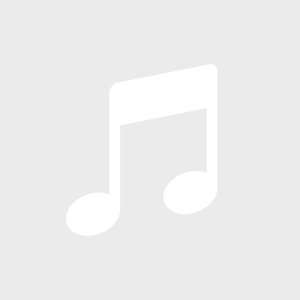
![Loaded [2015 Remaster]](https://lastfm.freetls.fastly.net/i/u/300x300/0701f0ebf784ba84b2044f69dd25c8b8.jpg)
